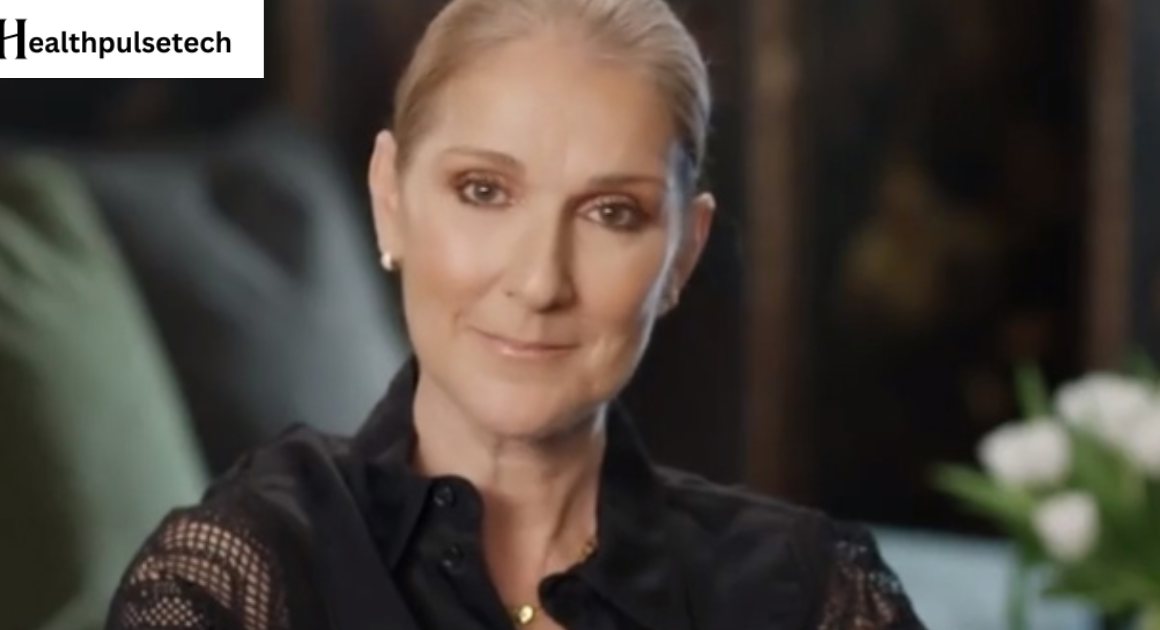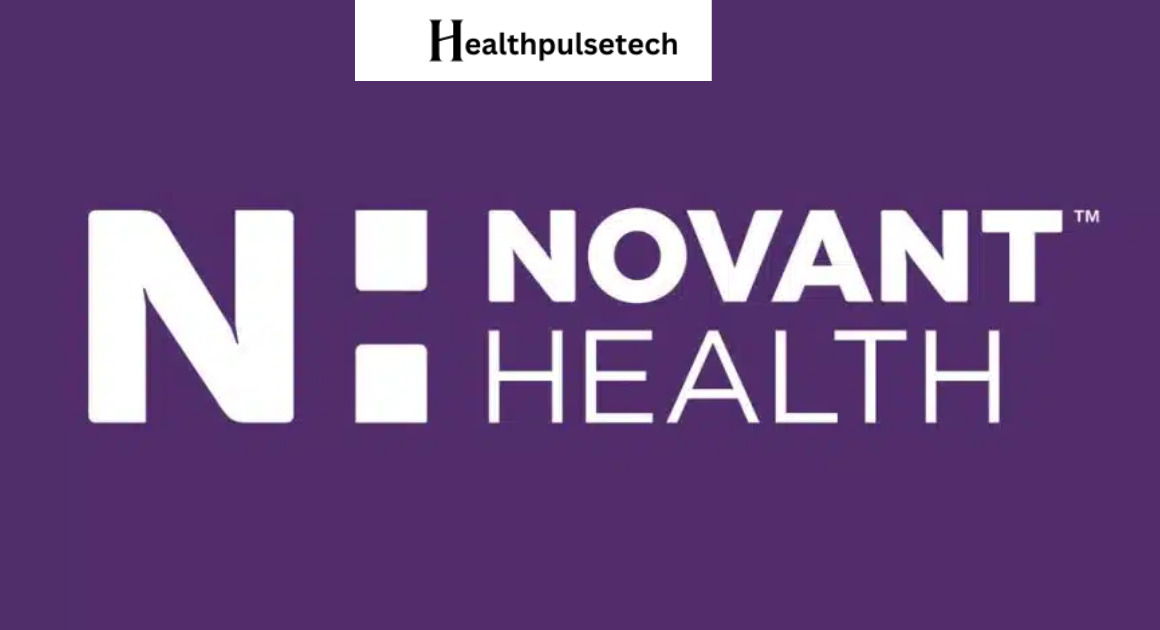Welcome to a journey through the intricate and vital realm of women’s health. From adolescence to menopause, from fertility to mental well-being, this blog will delve into the multifaceted aspects of women’s healthcare. Join us as we explore insights, challenges, and innovative solutions that shape the landscape of women’s health today. Let’s navigate together through the nuances and complexities of this essential topic – because every woman deserves access to comprehensive care and empowerment in her own well-being.
Understanding the Landscape: Women’s Health Overview
Women’s health encompasses a broad spectrum of physical, mental, and emotional well-being tailored to the specific needs of women. It goes beyond reproductive health to include preventive care, screenings, and management of various conditions unique to women. Understanding this landscape involves recognizing the importance of early intervention, education, and access to healthcare services.
From routine check-ups to specialized treatments for conditions like breast cancer or osteoporosis, women’s health necessitates a comprehensive approach that considers individual differences and preferences. The growing emphasis on holistic care emphasizes the interconnectedness of mind and body in promoting overall wellness.
By acknowledging the diverse experiences and challenges faced by women across different stages of life, healthcare providers can tailor interventions that are inclusive and culturally sensitive. A nuanced understanding of women’s health is essential in fostering a supportive environment where every woman feels heard, respected, and empowered in her healthcare journey.
Challenges Across the Lifespan: From Adolescence to Menopause
Embarking on the journey of womanhood brings forth a myriad of challenges that evolve across different stages of life.
During adolescence, navigating hormonal changes and establishing a sense of identity can be daunting. Peer pressure, body image issues, and menstrual health concerns often come to the forefront.
Moving into adulthood, balancing career aspirations with family planning decisions can pose significant challenges. Fertility struggles, pregnancy complications, and postpartum adjustments require careful attention and support.
As women approach menopause, coping with physical symptoms like hot flashes and mood swings becomes a reality. Managing this transition while maintaining overall well-being necessitates resilience and self-care practices.
Each stage presents unique obstacles that shape a woman’s health journey. By acknowledging these challenges and seeking appropriate resources and guidance at every step, women can navigate through these complexities with strength and grace.
Addressing Reproductive Health: Fertility, Pregnancy, and Postpartum Care

Navigating the realm of reproductive health is a multifaceted journey that encompasses fertility, pregnancy, and postpartum care. Fertility concerns can be a sensitive topic for many women, but it’s essential to remember that there are various options and support available. From tracking ovulation to exploring assisted reproductive technologies, seeking guidance from healthcare providers can offer valuable insights.
Pregnancy marks a transformative period in a woman’s life, both physically and emotionally. Prenatal care plays a crucial role in ensuring the well-being of both mother and baby throughout this miraculous process. Regular check-ups, proper nutrition, and adequate rest are key components in nurturing a healthy pregnancy.
Transitioning into the postpartum phase brings its own set of challenges as mothers adjust to their new roles while prioritizing self-care. Understanding the importance of mental health support during this time is vital for overall well-being. Seeking help when needed and building a strong support system can make all the difference in navigating this delicate period with grace and resilience.
Remember, each stage of reproductive health comes with its unique joys and complexities – embracing them with patience and empowerment paves the way for a fulfilling journey ahead.
Mental Health Matters: Coping with Stress, Depression, and Anxiety

Life can be a rollercoaster of emotions, especially for women juggling multiple roles and responsibilities. Coping with stress, depression, and anxiety is a common struggle that many face silently.
It’s crucial to prioritize mental well-being by seeking support from loved ones or professional help when needed. Taking time for self-care activities like meditation, exercise, or hobbies can make a big difference in managing these challenges.
Acknowledging your feelings and allowing yourself to experience them without judgment is an important step towards healing. Remember that it’s okay not to be okay sometimes, and reaching out for help is a sign of strength rather than weakness.
Practicing mindfulness techniques can also help in grounding oneself during moments of overwhelm. Breathing exercises or journaling thoughts and emotions can provide clarity and relief in difficult times.
By addressing mental health matters openly and compassionately, we empower ourselves to navigate the ups and downs with resilience and grace.
Breaking Taboos: Discussing Sexual and Reproductive Health
Breaking taboos surrounding sexual and reproductive health is essential for promoting overall well-being among women. Open conversations about topics such as menstruation, contraception, STDs, and sexual pleasure can empower individuals to make informed choices regarding their bodies.
By dismantling societal stigmas and fostering a culture of acceptance and understanding, women can access the support and resources needed to prioritize their sexual health. Education plays a vital role in dispelling myths and misinformation that may hinder women from seeking necessary care or information.
Encouraging open dialogues within communities, schools, healthcare settings, and families helps normalize discussions around intimate health matters. It creates a safe space for individuals to express concerns, ask questions without judgment, and seek guidance on sensitive issues related to sexuality.
Empowering women to take ownership of their reproductive well-being through knowledge-sharing initiatives promotes autonomy over their bodies. Together, we can break down barriers that prevent candid conversations about sexual health from taking place openly and honestly.
Navigating Chronic Conditions: Managing Diseases like PCOS, Endometriosis, and Fibroids
Navigating chronic conditions like PCOS, Endometriosis, and Fibroids can be a challenging journey for many women. These conditions not only impact physical health but also emotional well-being. Managing these diseases requires patience, resilience, and a proactive approach.
PCOS (Polycystic Ovary Syndrome) affects hormonal levels in the body, leading to irregular periods and fertility issues. Endometriosis causes tissue similar to the lining of the uterus to grow outside it, resulting in severe pain during menstruation. Fibroids are non-cancerous growths in the uterus that can cause heavy bleeding and discomfort.
Treatment options vary depending on each woman’s unique situation. It’s essential to work closely with healthcare providers who specialize in women’s health to develop a personalized management plan. Lifestyle changes such as maintaining a healthy diet, regular exercise, and stress management techniques can also play a significant role in managing these chronic conditions.
Support from loved ones and online communities can provide invaluable encouragement through tough times. Remember, you are not alone in this journey towards better health and well-being!
Access to Care: Overcoming Barriers to Healthcare Services
Access to healthcare services is a critical aspect of women’s health that can sometimes present challenges. Factors like financial constraints, lack of insurance coverage, geographical distance from providers, and cultural barriers can create obstacles in receiving timely and quality care.
For many women, especially those in underserved communities or rural areas, accessing healthcare may involve overcoming various hurdles. This could include long wait times for appointments, limited transportation options to reach medical facilities, or language barriers that hinder effective communication with healthcare providers.
Additionally, stigma surrounding certain health issues specific to women can deter individuals from seeking the care they need. Addressing these barriers requires a multi-faceted approach involving policy changes to improve access, community outreach programs to educate and empower women about their health rights, and efforts to destigmatize conversations around sensitive topics.
By advocating for improved access to care and breaking down systemic barriers within the healthcare system, we can ensure that all women have equal opportunities to prioritize their well-being through regular check-ups, screenings, and necessary treatments.
Empowering Women: Strategies for Self-Advocacy and Health Literacy
Empowering women to take charge of their health is essential for overall well-being. One key strategy is self-advocacy – speaking up about your needs and concerns during healthcare interactions. It’s important to ask questions, seek second opinions, and ensure your voice is heard in decision-making processes.
Another crucial aspect is health literacy – understanding health information to make informed choices. Educate yourself on different conditions, treatments, and preventative measures. Knowledge is power when it comes to managing your health effectively.
Building a strong support network can also empower you through challenges. Surround yourself with people who uplift and encourage you on your health journey. Seek out resources, online communities, or local groups that align with your wellness goals.
Remember, empowerment begins within oneself. Trust your instincts, prioritize self-care, and advocate for the care you deserve. By taking an active role in your health decisions, you can navigate the complexities of women’s health with confidence and resilience.
Innovations in Women’s Health: Technological and Medical Advances

Innovations in women’s health have revolutionized the way we approach healthcare for females. Technological advancements like telemedicine and wearable devices allow for more convenient monitoring of menstrual cycles, pregnancy progress, and overall well-being.
Medical breakthroughs such as minimally invasive surgeries for conditions like endometriosis and fibroids offer less pain and quicker recovery times. Furthermore, genetic testing can provide personalized insights into a woman’s risk factors for diseases like breast cancer, empowering proactive prevention strategies.
Apps focused on mental health management cater specifically to women’s unique needs, offering tools for stress reduction techniques and mood tracking. Virtual reality therapy is also being explored as a promising treatment option for conditions like postpartum depression.
The integration of artificial intelligence in healthcare allows for more accurate diagnoses and personalized treatment plans tailored to each individual. With these innovations continually evolving, the future of women’s health looks bright with endless possibilities.
Collaborative Solutions: Partnerships for Improving Women’s Health Outcomes
When it comes to improving women’s health outcomes, collaborative solutions play a crucial role. By fostering partnerships between healthcare providers, researchers, policymakers, and community organizations, we can create a more comprehensive approach to addressing the diverse needs of women across the lifespan.
These collaborations enable us to pool resources, share expertise, and leverage collective knowledge in developing innovative strategies that promote women’s well-being. Whether it’s advocating for better access to reproductive healthcare or raising awareness about mental health issues, working together allows us to have a greater impact on women’s health overall.
Through these partnerships, we can bridge gaps in care delivery and provide integrated services that cater to the holistic needs of women. By joining forces with different stakeholders, we can amplify our efforts towards advancing gender-sensitive healthcare practices and policies that prioritize women’s health as a priority.
Together, we can drive positive change in the field of women’s health and ensure that every woman receives the quality care and support she deserves.



